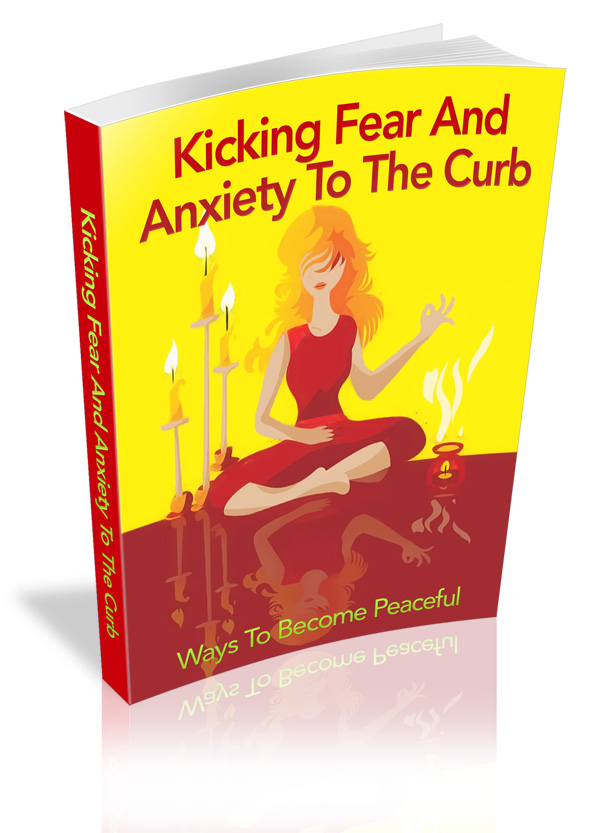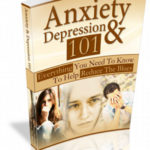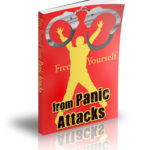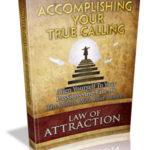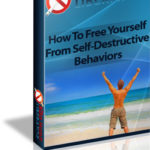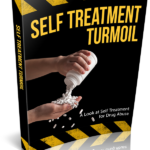Description
Foreword
When we’re born, we are a clean slate. Pure and guiltless and open to whatever comes our way. But as we grow, impressions are made and lessons are learned. We sooner or later lose that childlike sinlessness and we find that we’re adults with realistic expectations and tons of responsibility. Who has time to consider the deeper issues, not to mention change? However, some of us find ourselves in horrendous situations where we’re forced to change.
You don’t have to go through horrendous experiences to discover inner peace. This book will provide some key steps you can follow so that you can unlock the peaceful side of your self:
Synopsis
There’s only so much we can affect. What we can’t change, what we can’t influence no matter what, so it shouldn’t be a concern to us.
Accept
Among the greatest sources of unhappiness, in my experience, is the trouble we have in accepting things as they are.
Without judgment, without wishing for otherwise.
When we discover something we don’t like, we wish it could be different — we cry out for something more beneficial. That may be human nature, or maybe it’s something that’s deep-seated in our culture.
The root of the unhappiness isn’t inevitably that we wish things to be different; all the same, it’s that we decided we didn’t like it in the first place. We’ve pronounced it as bad, instead of saying, “It’s not bad or good, it just is.”
You ought to expect individuals to mess up, expect things to go differently than you designed, and you should embrace that. It’s too negative to anticipate things will go wrong, people say. However: it’s only negative if you see it as negative. If you gauge it as bad.
As an alternative, you could accept it as the way the world works — as the way matters really are. And try to comprehend why that is, and embrace it. As it is.
This can be implemented with whatever you do: whether it be how other people act at work, how political science works and how depressing the news media can be. Accept these things as they are, and try to comprehend why they’re that way.
It’ll save you a lot of grief, as you’ll no longer say, “Oh, I wish things weren’t so awful!”
Does it mean you can never modify things? Not at all. However, change things not because you can’t accept things as they are, but because you enjoy the process of change, of learning and developing.
Can we make this Earth a better place? Again, that’s presuming that it’s a bad place right now. But rather, you could say the Earth is just what it is — and that’s neither good nor bad. You may say that you’ll continue to try to do things to assist other people, to mature as a person, to make a difference in this world — not because you’re such a bad individual now, or the Earth sucks, but because that’s the path you decide to take, because you savor that path.
As you catch yourself judging, and wishing for another way — and we all do it — try another approach: accept, and understand. It may lead to some interesting results.
This is what I notice with so many individuals, in that we center and linger on matters which we have no control over. Why worry about something that all the worrying in the world won’t change? Why care about what others think of us when we’re not even sure what it is they’re actually thinking? Once you open the blinds to this fact, and start accepting what is that you can’t change, you automatically relieve yourself of a mountain of stress and anxiety. It’s like a huge weight has been lifted from your shoulders. Going down this path is following a road towards peace.
Table Of Contents
Foreword
Chapter 1:
Live With What Is
Chapter 2:
Use Meditation
Chapter 3:
Get Back To Nature
Chapter 4:
Smile Power
Chapter 5:
Stop Depression and Anxiety By Helping Others
Chapter 6:
Keep Hope Alive
Chapter 7:
Hold Your Beliefs Dear
Chapter 8:
Continue Learning
Chapter 9:
Live For Today
Chapter 10:
Getting Rid Of Fear
